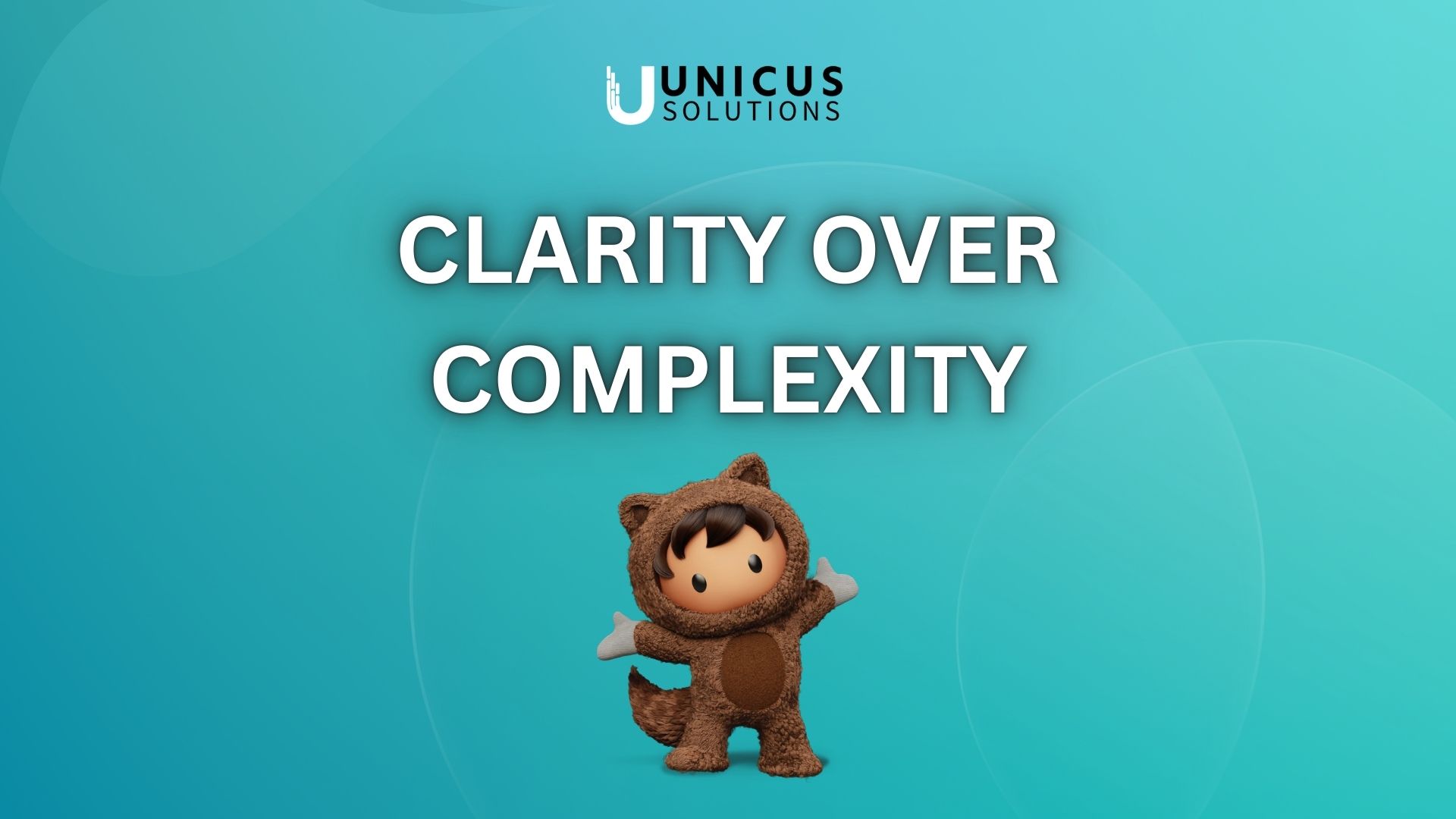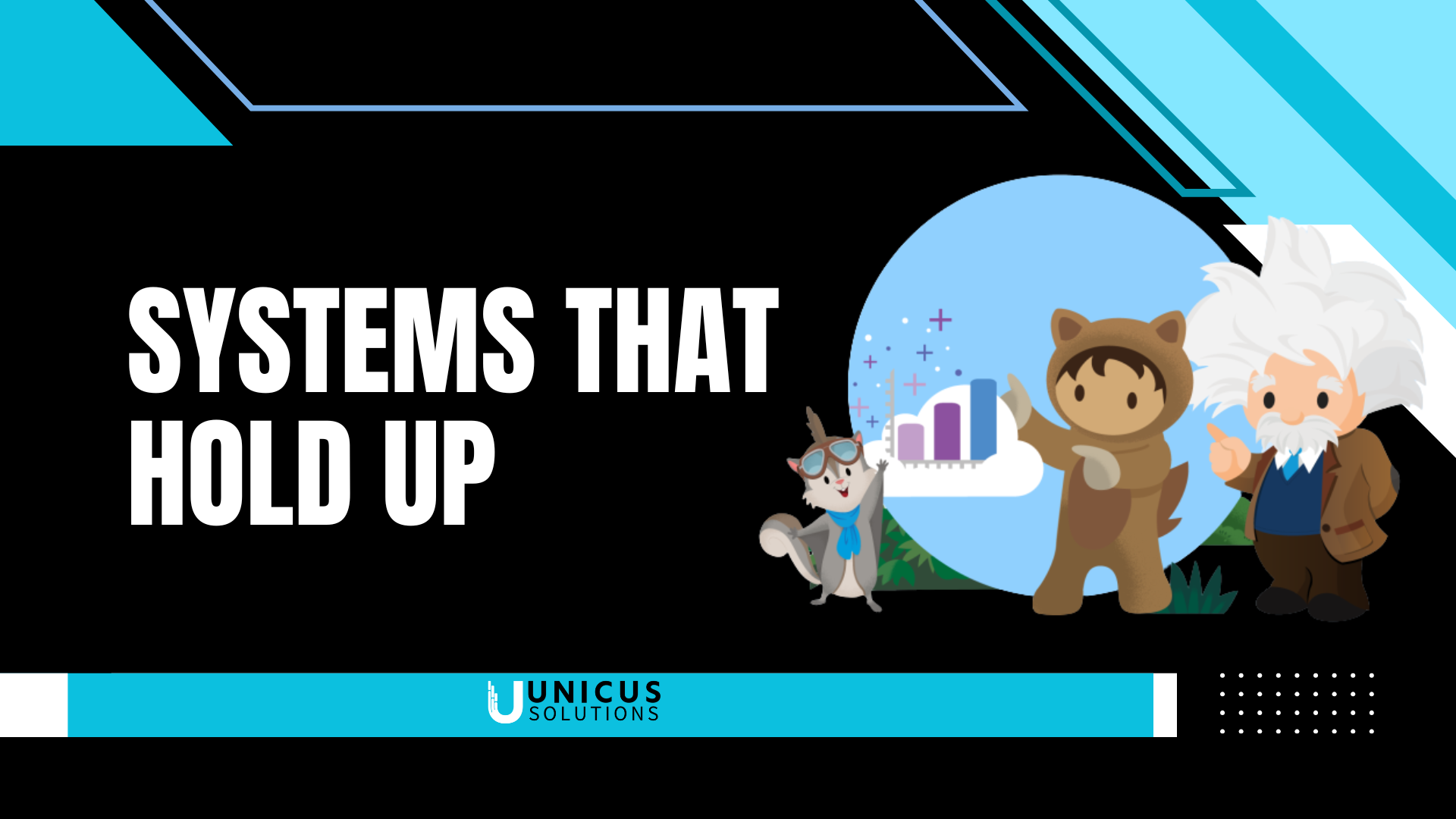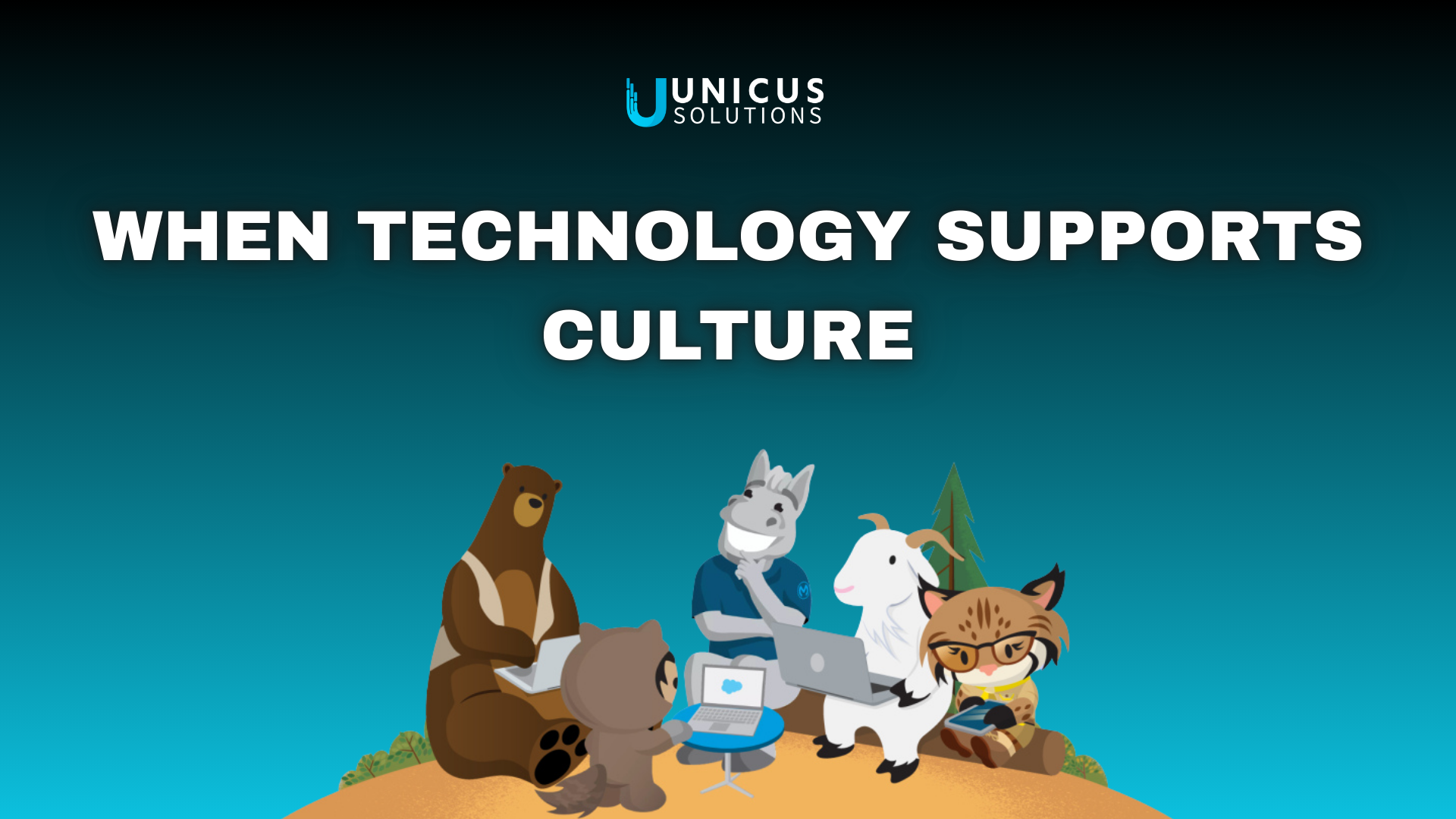Modern businesses don’t struggle because they lack tools.
They struggle because their tools don’t work together.
Disconnected systems, inconsistent data, manual workarounds, and unclear workflows quietly erode productivity every day. Over time, teams adapt — building spreadsheets, side processes, and “temporary” fixes that slowly become permanent. The result isn’t just inefficiency; it’s frustration, risk, and a lack of confidence in the systems meant to support the business.
At Unicus, we believe software should remove complexity, not add to it.
The Cost of Messy Systems
When systems aren’t built with structure in mind, the impact shows up quickly:
- Teams spend more time checking data than using it
- Processes rely on individual knowledge instead of shared logic
- Reporting becomes reactive instead of reliable
- Small errors scale into bigger operational risks
Most of the time, the problem isn’t people — it’s platforms that were never designed to reflect how teams actually work.
Software That Supports People
Our approach is simple: build systems that support real workflows, real teams, and real operational demands.
That means:
- Clear logic instead of hidden rules
- Consistent data across every touchpoint
- Structured workflows that guide users rather than constrain them
- Visibility so teams always know what’s happening and why
When software is structured properly, teams don’t need constant training or workarounds. The system becomes intuitive, dependable, and easy to trust.
Optimisation Is Ongoing — Not a One-Off
Good software isn’t finished at launch.
Behind the scenes, Unicus is continuously refining workflows, stress-testing logic, and improving the small details that make day-to-day use smoother. These incremental improvements might not always be visible immediately — but they compound over time, creating systems that scale without breaking.
Optimisation isn’t about adding more features.
It’s about making existing ones work better.
Confidence Comes From Consistency
When teams trust their systems, everything changes:
- Decisions are made faster
- Data becomes a strength, not a question mark
- Processes feel controlled instead of reactive
That confidence doesn’t come from flashy design or feature overload. It comes from consistency, clarity, and software that behaves exactly as expected.
Built for Teams Who Value Structure
At Unicus, we build for organisations that care about:
- Operational discipline
- Clean, reliable data
- Scalable processes
- Systems that grow with the business
Because the best software doesn’t shout.
It quietly does its job — every day, without friction.
If your organisation is ready to move away from patchwork systems and toward clarity, Unicus is built to support that journey.



